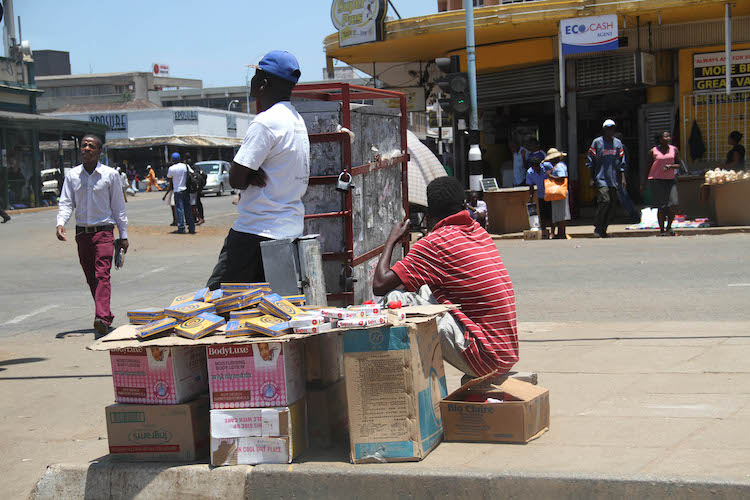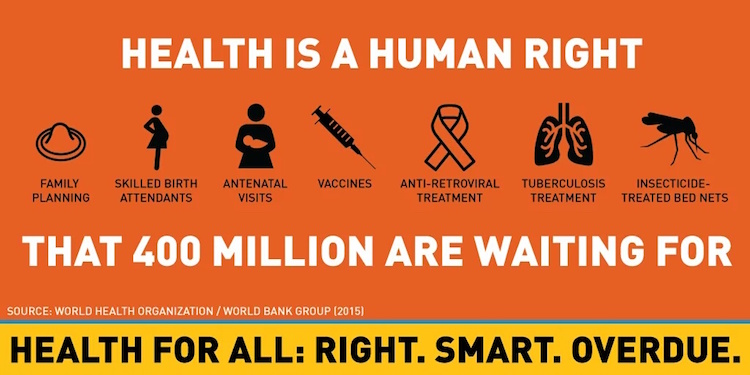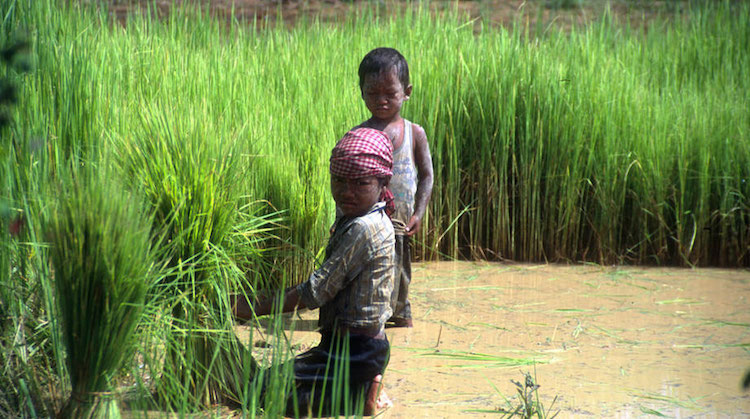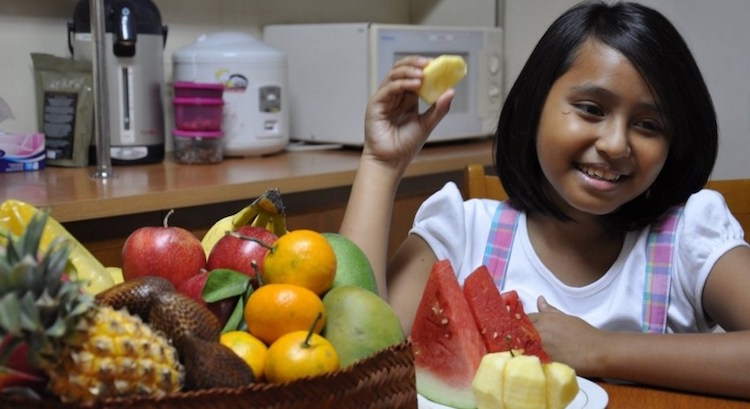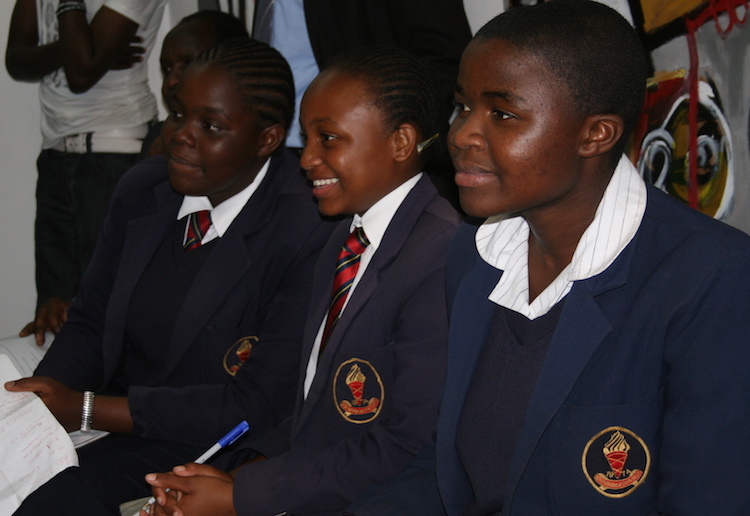PARIS (IDN) – Sweden’s Charlotte Petri Gornitzka, Director General of the Swedish International Development Co-operation Agency (Sida), has been appointed as the new Chair of the OECD’s Development Assistance Committee (DAC).
Petri Gornitzka replaces outgoing DAC Chair Erik Solheim, who recently became Executive Director of the United Nations Environment Programme (UNEP). She will start her new role on a part time basis from July 11, 2016 and take up full-time duties in the autumn.



